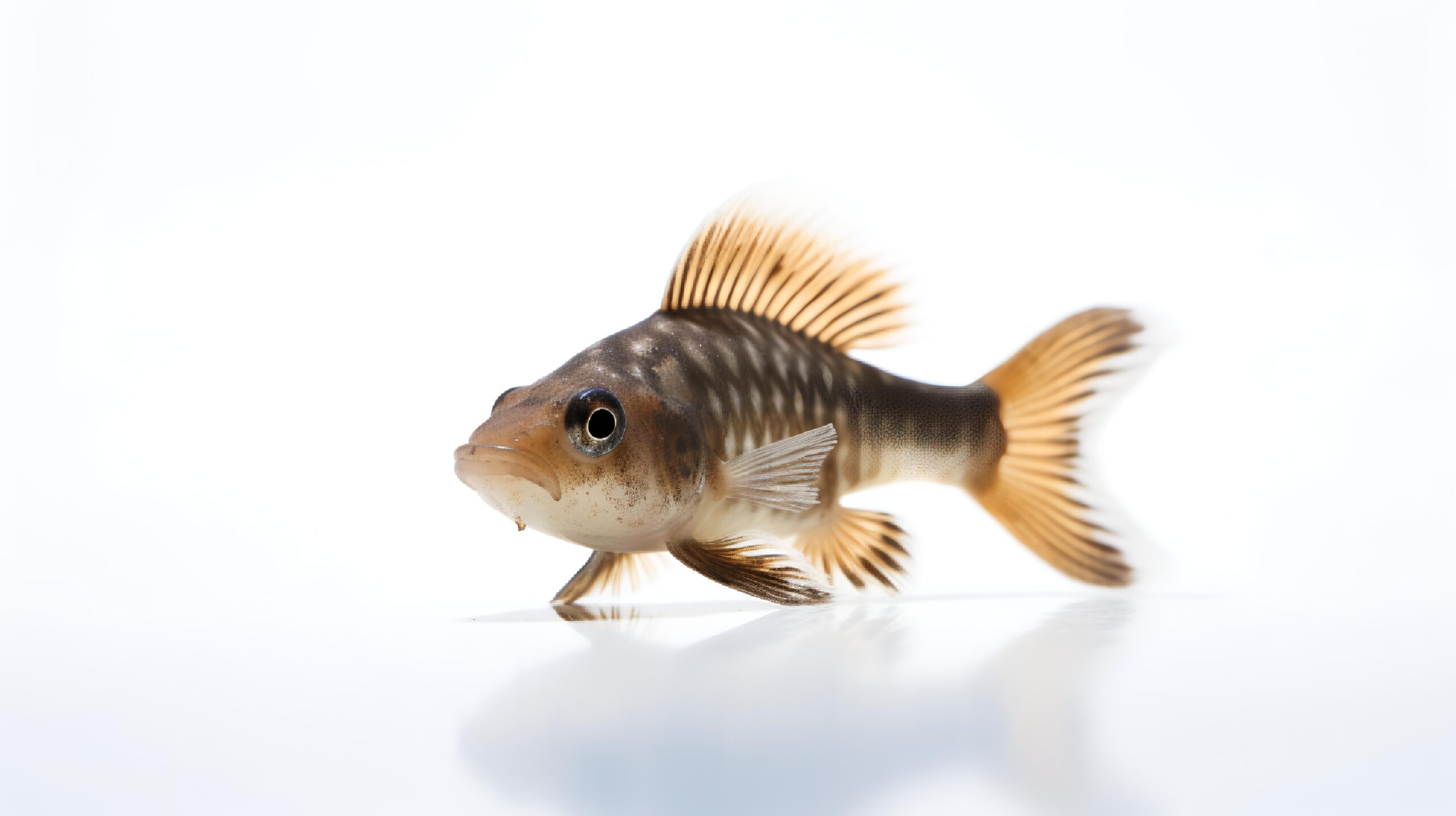What Fish Can You Not Grab?
Key Takeaways
- Fish with sharp spines, such as bullhead catfish, can cause injury if mishandled.
- Fish with venomous spines, like lionfish and stonefish, can cause serious harm if grabbed.
- Fish with sharp teeth, such as bluefish and barracuda, can also cause injury if not handled properly.
When it comes to fishing, it’s important to know which fish you can handle safely and which ones you should avoid grabbing. Some fish have sharp spines, venomous spines, or teeth that can cause injury or even be potentially fatal. In this article, we will explore the different types of fish that you should not grab and the reasons behind it.
Fish with Sharp Spines
Several species of fish have sharp spines that can cause injury if mishandled. One such example is the bullhead catfish. According to Outdoor Life, bullhead catfish and other species of catfish have sharp spines that can puncture the skin. The same information is also mentioned on the Field & Stream website. These spines are located on the dorsal and pectoral fins of the catfish. Therefore, it is important to handle catfish with care and avoid grabbing them by the spines.
Fish with Venomous Spines
While not as common as fish with sharp spines, there are also fish with venomous spines that can cause serious harm. According to In Smooth Waters, some examples of fish with venomous spines include the lionfish, stonefish, and stingray. The Wikipedia page on venomous fish mentions that catfishes may contribute 250–625 species to the total of at least 1200 species of venomous fish. Therefore, it is crucial to avoid grabbing fish with venomous spines to prevent being injected with venom.
Fish with Sharp Teeth
Another type of fish that you should avoid grabbing are those with sharp teeth. Bluefish, muskies, pike, and barracuda are examples of fish with teeth that can cause injury if mishandled. According to Outdoor Life, bluefish have sharp teeth that can easily cut through skin. Muskies and pike have sharp teeth as well as gill plates that can cause harm if not handled properly. Barracuda also have teeth and are known for their aggressive behavior. It is important to be cautious and avoid grabbing these fish directly by their mouths.
Other Fish to Handle with Care
In addition to the above-mentioned fish, there are a few others that should be handled with care. Cobia, alligator gar, and rays are some examples. Cobia have a dorsal fin consisting of sharp spines, as mentioned in Outdoor Life. Alligator gar have needle-like teeth that can cause injury if not handled properly. Rays have venomous spines, as stated in the same article. Therefore, it is important to exercise caution when dealing with these fish.
Conclusion
In conclusion, there are several types of fish that you should avoid grabbing due to the potential for injury or harm. These include fish with sharp spines, venomous spines, sharp teeth, or other dangerous characteristics. It is important to handle fish with care, using appropriate tools and techniques to avoid injury to yourself and the fish. Always remember to respect the wildlife and handle fish responsibly.
Related Websites:
FAQs:
Q: Why should I be careful when handling certain fish?
Handling certain fish can be dangerous due to their physical attributes and behaviors. Mishandling them can cause injuries or harm to both you and the fish.
Q: What are some physical attributes of fish that can cause injury?
Fish may have spines, fins, teeth, or other physical attributes that can cause injury if mishandled. It is important to recognize these attributes and know how to handle fish safely.
Q: Which fish species should I avoid grabbing?
There are various fish species that should not be handled directly. Examples include large predatory saltwater fish and certain freshwater species. These fish can cause injuries or harm if grabbed.
Q: What are some dangerous behaviors exhibited by fish?
Fish may exhibit aggressive behaviors or defensive mechanisms that indicate they should not be grabbed. Trying to handle fish displaying these behaviors can pose risks to your safety.
Q: How can I safely handle fish?
To safely handle fish, it is important to use appropriate equipment such as nets or gloves when necessary. Catch-and-release techniques are recommended for fish that should not be grabbed.






